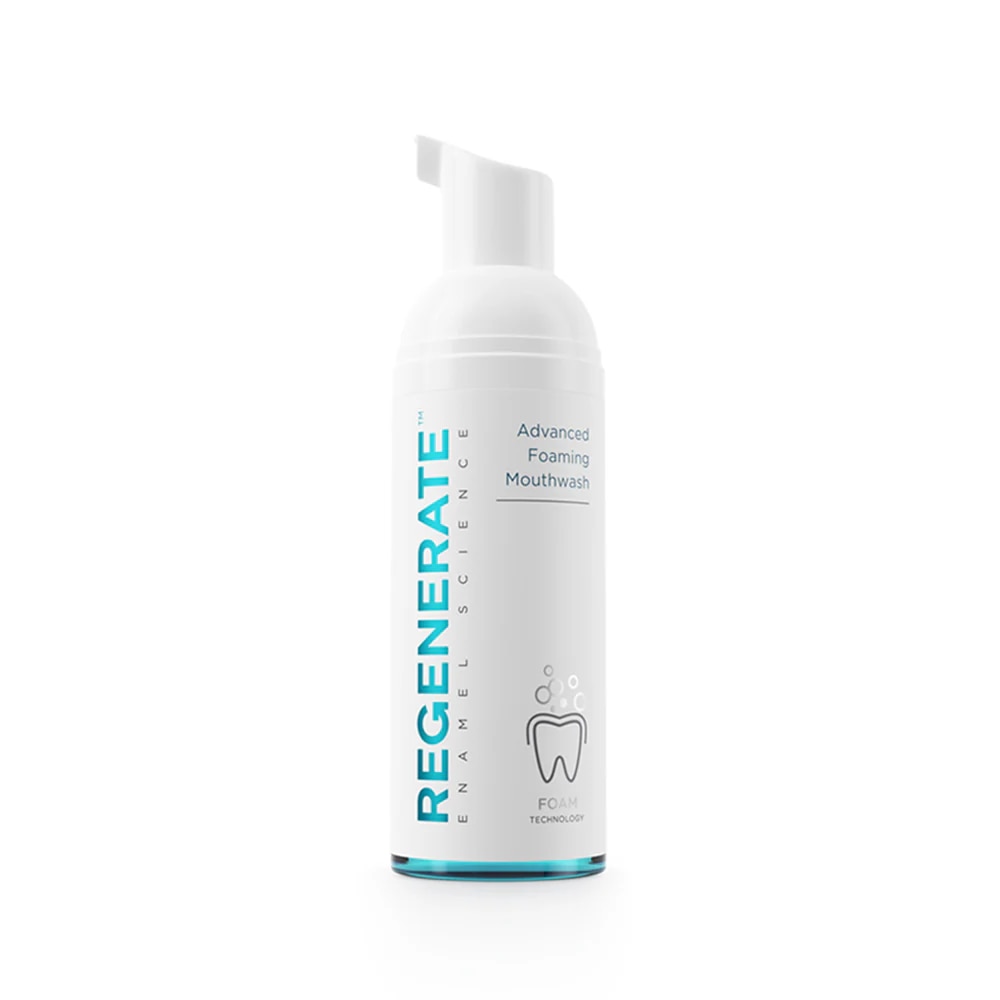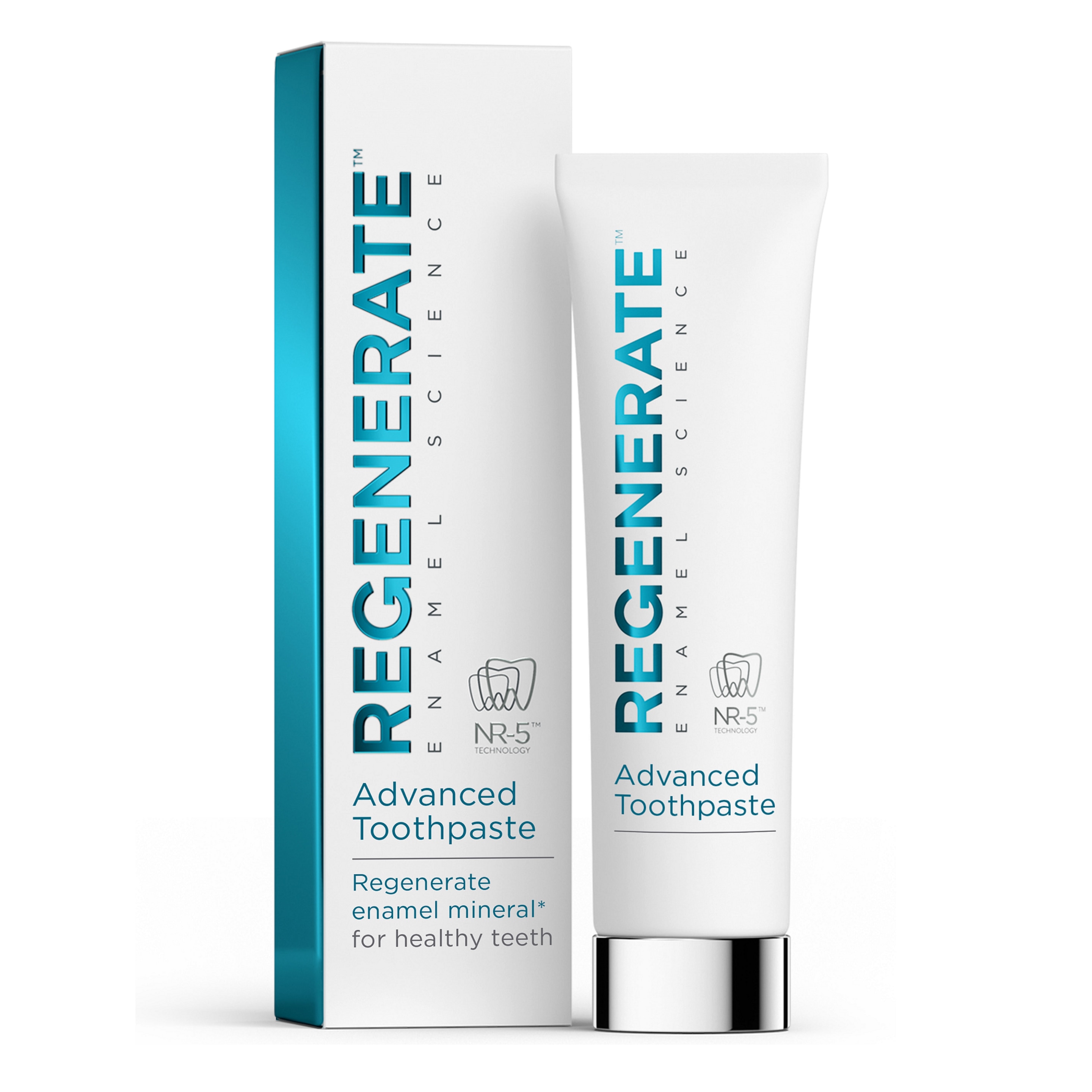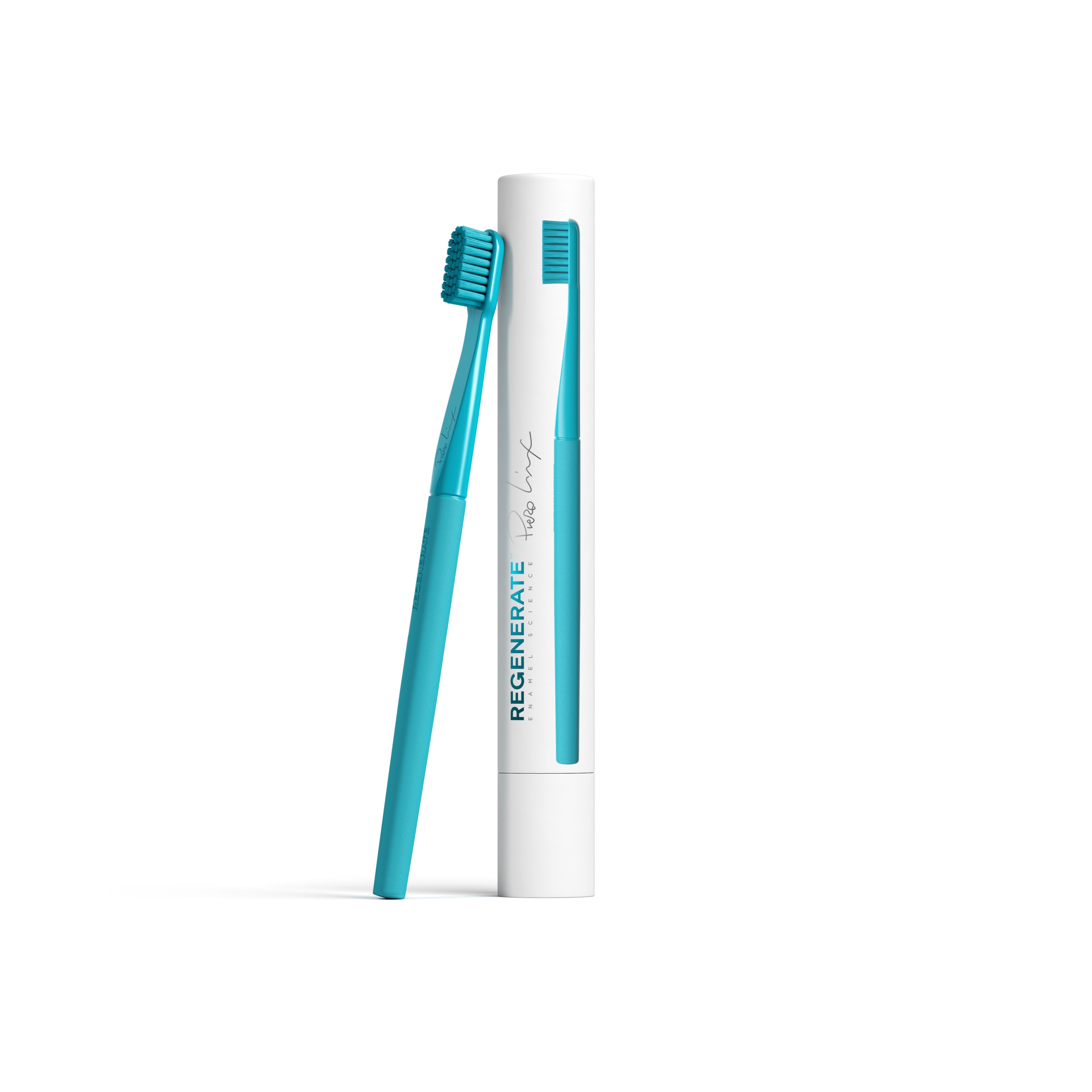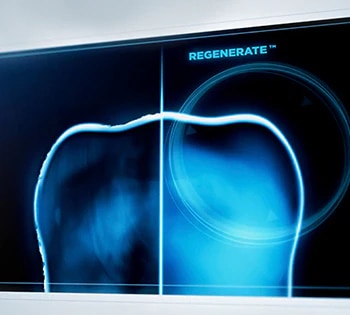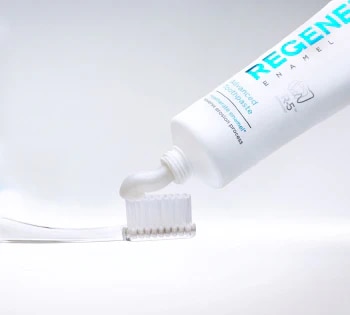Tooth sensitivity is a problem experienced by many people, and it can be extremely uncomfortable. But what causes sensitive teeth? Knowing five of the most common sensitive teeth causes can help you figure out ways to deal with this painful condition. However, always bear in mind that whenever you’re concerned about your teeth, please make sure to consult your dentist.
1. Excessive brushing
Brushing twice a day is the golden rule of dental hygiene, but the how is just as important. Two of the main reasons for sensitive teeth are enamel wear and gum recession, and the way you brush your teeth can contribute to both of these.
Surprisingly, it is very possible to overdo it when brushing your teeth. If you brush with too much force, with a hard-bristle brush, or too frequently, the hard enamel surface of the tooth can wear away, exposing the soft dentine underneath. When hot or cold comes into contact with dentine, it can create a sharp pain by stimulating the nerves inside the tooth. Go gently instead or try brushing your teeth with your non-dominant hand, as it’s usually less strong.
2. Receding gums
Aggressive brushing can make the gums recede too, and gum recession is another one of the main causes of sensitive teeth and gums. The gums may also naturally shrink back with age, exposing the roots of the teeth. This can cause sensitivity because the roots do not have a protective enamel layer. Receding gums can also occur because of long-term gum disease.
3. Gum disease
When gum tissue gets inflamed, as it can with gingivitis or periodontal disease, it can pull away from the tooth. This exposes those sensitive areas. A build-up of tartar or plaque can also cause the gum to recede and can destroy the enamel. When experiencing these causes of tooth sensitivity to cold and hot, it’s important to see your dentist for treatment.
4. Acidic foods and drinks
Acid is another one of the main causes of tooth sensitivity to hot and cold. Many food and drinks contain acid, and this can strip away tooth enamel. Here are just a few examples foods and drinks that cause enamel erosion:
- Fruits
- Juice from acidic fruits such as oranges or grapefruits
- Salad dressing containing lemon juice
- Wine
5. Cracked tooth
When a tooth breaks, it can leave the dentine exposed through a crack in the enamel. If you have a cracked tooth, visit a dentist as soon as possible, as this could be what causes tooth sensitivity to cold or other triggers. Regular tooth grinding can also wear down the enamel and expose the dentine.
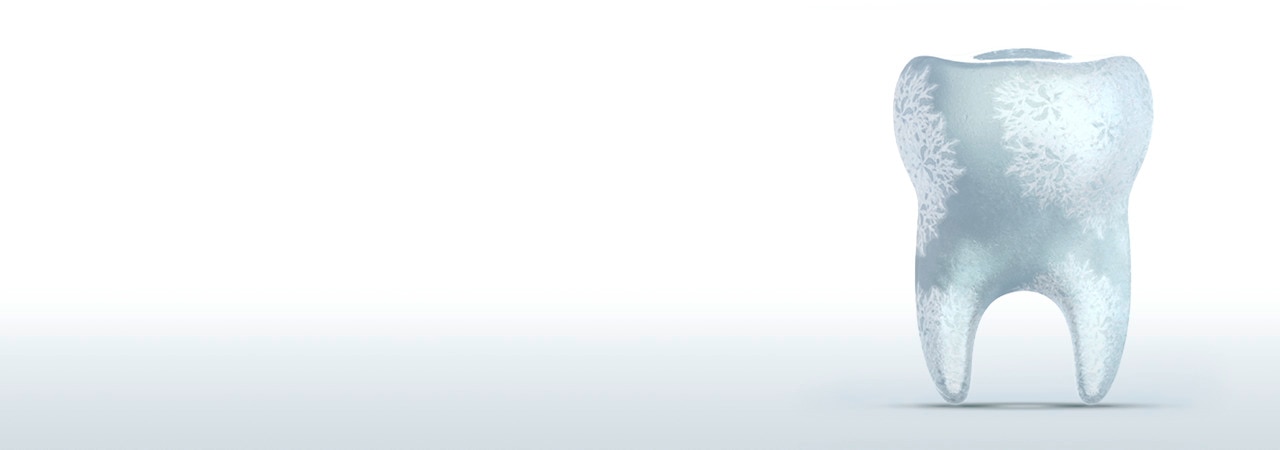
Prevention
Now that you know what causes your teeth to be sensitive, you can help prevent it from occurring by consuming in moderation the acidic drinks and gently brushing with a quality toothpaste twice a day. However, it’s important to highlight that most common tooth problems, including tooth sensitivity, are caused by enamel erosion. Enamel erosion happens to people of all ages, therefore, it’s essential that your oral care products are effective in preventing it and strengthening your teeth.
You want to be at the cutting edge in every area of your life, and your beautiful smile requires that same rigorous approach. Regenerate range helps keep your precious teeth enamel strong and healthy through its exclusive NR-5™ technology. REGENERATE Enamel Science™ is the first system to regenerate tooth enamel with the same mineral1 it is made of, thus helping you prevent sensitivity problems, caused by enamel erosion. Combined use of the Regenerate’s Advanced Toothpaste and Regenerate’s Advanced Enamel Serum provides significant increase in enamel hardness, with 82%2 recovery of enamel hardness after 3 days.
¹Acts on early invisible stages of enamel erosion by restoring its mineral content and micro-hardness with regular use. Clinically proven.
²Based on an in-vitro test measuring enamel hardness after 3 days combined use of Toothpaste and Serum.
The advice in this article does not constitute medical advice; it is solely available for information purposes. We recommend that you consult your dentist If you are experiencing any gum or tooth problems.
- slide 1
- slide 2
- slide 3


